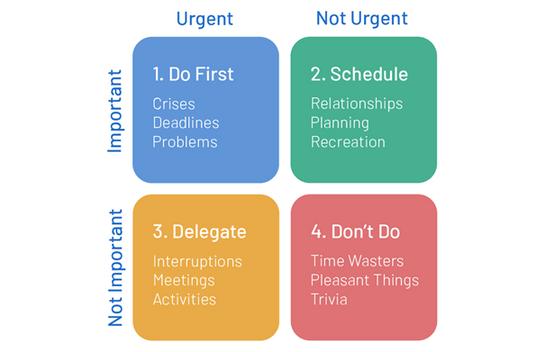3 minute read
Conclusion
Through this manual, the mentor and the intern have the answers on which competencies and skills they should adopt to play a good role in a professional context and within the scope of a mentoring process.
In case of mentor the answer for the question “WHAT SKILLS SHOULD YOU HAVE?” and returning to the subject, to be a Mentor it is necessary to have some skills, which during the Mentoring process will facilitate the performance, according to Tammy D. Allen and Mark L. Poteet, the “ideal Mentor” should possess a wide range of skills and areas of expertise. The authors developed a study with experienced Mentors and Mentors in order to understand which characteristics, skills and values are necessary to be the ideal Mentor. So the Mentor must have:
. Ability to listen and communicate; . Have patience; . Have knowledge about the business segment in which the Mentorship is inserted; . Be honest, upstanding and trustworthy; . Have a genuine interest – both in relation to the Mentorship and in relation to the Mentoring process; . Ability to favor the creation of a relationship of trust; . Be available to share what you know; . Know how to teach; . Be open to receiving feedback; . Be objective; . Be clear about your role, expectations and jointly outline feasible goals; . Availability to give feedback; . And, last but not least, enjoy the Mentoring relationship.
In case of tthe mentees "HOW TO DEVELOP SKILLS DURING INTERNSHIP?" Be proactive. An essential behavior for the intern is proactivity. In addition to fulfilling their role, it is important that this professional offers more and is willing to develop extra projects and activities. In the vision of the company and the team, a committed intern is synonymous with a successful professional. That is, the more proactive the intern is, the closer he will be to becoming effective.
Do networking. It is also very important that the professional develops a good relationship with the team during the internship period. Having good communication and being empathetic with company colleagues are beneficial and very important factors. Therefore, it is important that the intern is always open to learning. This posture is essential for your personal development.
Be Responsible. It is also essential that the intern feels responsible for the correct execution of his work. Even being an initial function, acting responsibly makes the professional more competent and shows his commitment to the company.
Show interest in execution. Finally, a valuable tip is for the intern to show daily that he is interested in continuing in the company as soon as his contract ends. Interest is the first step towards effectiveness.
As main conclusion, this manual summaryze the main skills that every professional and intern should have, namely:
Assertive communication. Good communication is based on knowing how to listen. Active listening contributes to the message being correctly understood, avoiding rework and conflicts due to misinterpretation. This skill also requires empathy, respect, objectivity and consistency between what is said and what is done.
Continuous learning and adaptability. The market is constantly evolving and professionals need to keep up with the changes. Gaining pleasure from learning and developing the power of adaptability is the surest way to ensure a sustainable career.
Emotional intelligence. It is related to the ability to know how to control and express emotions, especially in the work environment. This skill facilitates the professional's ability to relate and helps with mental health, which is increasingly important today.
Criativity and innovation. Having creativity and innovative thinking is the only way to survive in a changing world and professionals with these characteristics are even more valued in the market.




